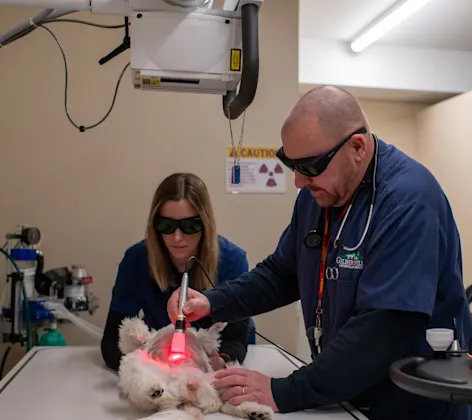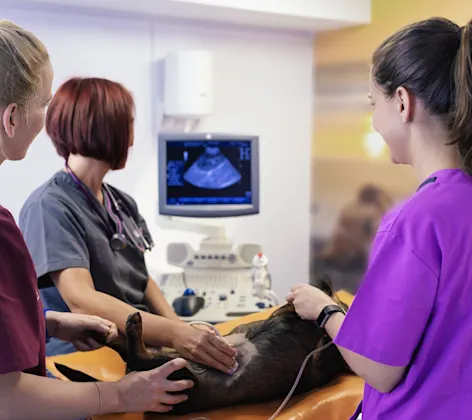Gilbertsville Veterinary Hospital

Services
General Wellness
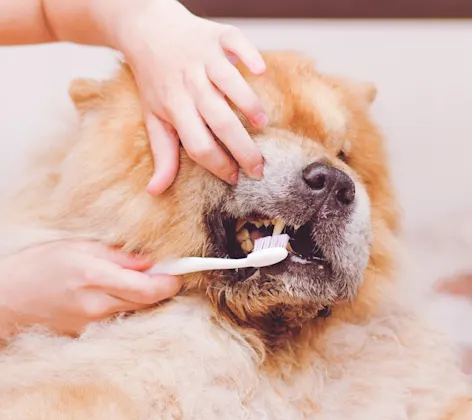
Dentistry
Annual dental exams and cleanings are recommended to protect your pet from many health problems and help them maintain a healthy and clean mouth.
Learn More
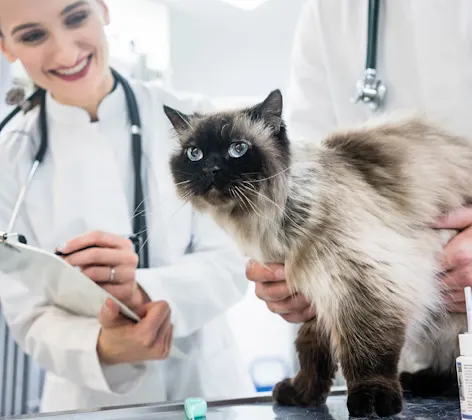
Parasite Prevention
Let’s get excited about your pet’s poop! No, really, it is important to understand why your veterinarian wants to perform a fecal analysis under a microscope each year. As a pet parent, learning about intestinal parasites and parasite control can protect you and your pet.
Learn More

Wellness & Preventive Care
Annual wellness exams evaluate your pets overall health, detect problems before they become serious, and keep them on track to live a long, healthy life.
Learn More
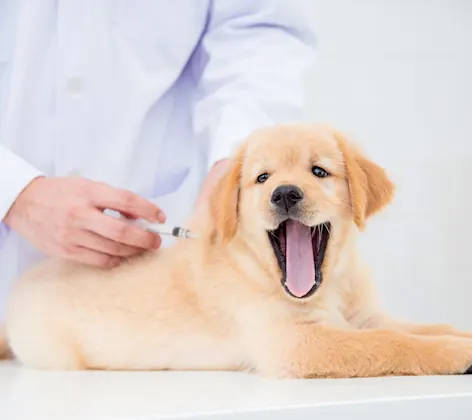
Vaccinations
Preventative care is an important aspect in maintaining your pet’s health. Proper vaccination is vital in protecting them against harmful diseases.
Learn More
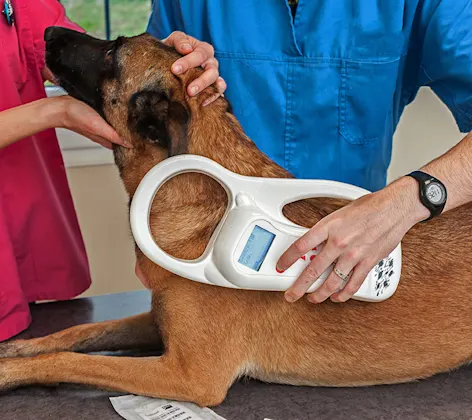
Microchipping
Microchip identification is the most reliable way to reunite lost pets with their owners.
Learn More
Diagnostic Services

Diagnostic Ultrasounds
An ultrasound is a highly useful tool when evaluating heart conditions, internal organs, cysts and tumors.
Learn More
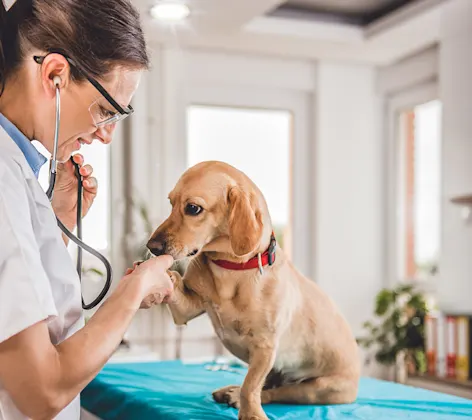
EKG
We use electrocardiography to measure and evaluate the electrical activity of the heart to diagnose potential heart conditions your pet may suffer from.
Learn More
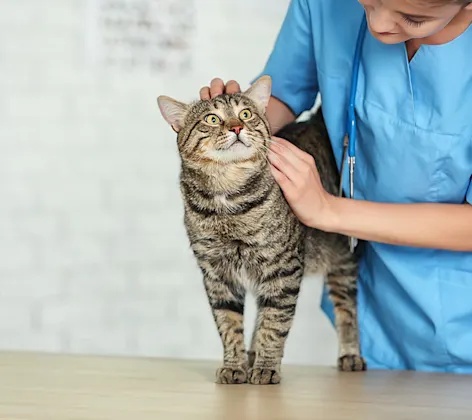
Radiography
We’re equipped to perform routine radiography services to identify many types of illness or injury when pets are sick or suffer a trauma.
Learn More
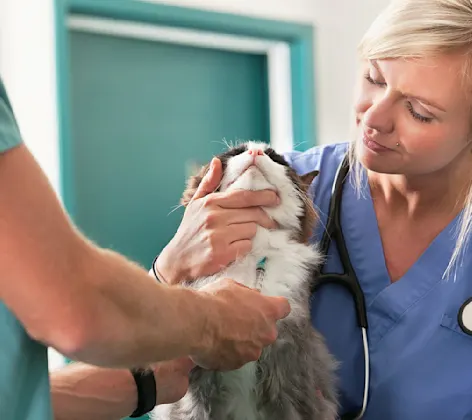
Laboratory Services
Diagnostic testing can identify problems your pet may be experiencing so that proper treatment can begin before a condition worsens.
Learn More

Allergies
Allergies can make life uncomfortable for your pet. Protect them from irritation with proper testing and treatment to relieve any symptoms.
Learn More
Surgery Services
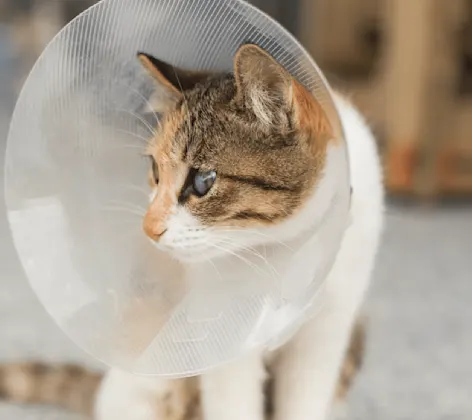
Spay & Neuter
Spaying or neutering your pet can help them live a longer, healthier life, minimize behavior problems, and help control the population of unwanted dogs and cats.
Learn More

Soft Tissue Surgery
We perform soft tissue surgery for a number of medical reasons. This common surgery can be used for most anything non-joint or bone related.
Learn More
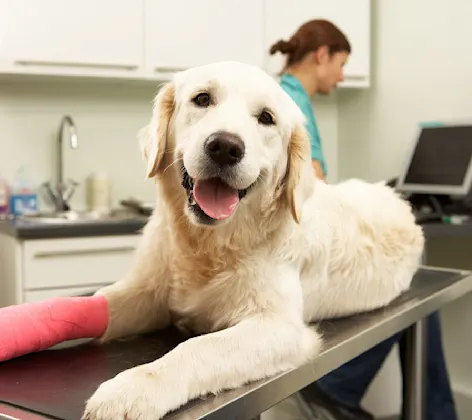
Orthopedic Surgery
Orthopedic surgery can help pets who suffer from joint problems, torn ligaments, broken bones, and even help correct congenital problems.
Learn More
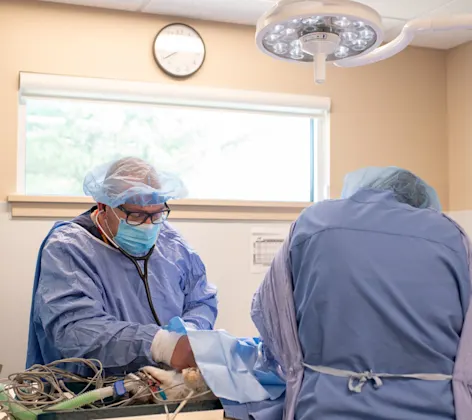
Cryosurgery
Surgical Alternative to Remove Skin Tags, Eyelid Mass, and Other Lumps or Bumps. We have some great news to share!! We have a safer and cost-effective alternative to treat your pet’s lumps and bumps which can range from a cosmetically inconvenient skin tag to a troublesome wart. In the past, the only treatment for these lumps and bumps involved surgery with anesthesia.
Learn More
